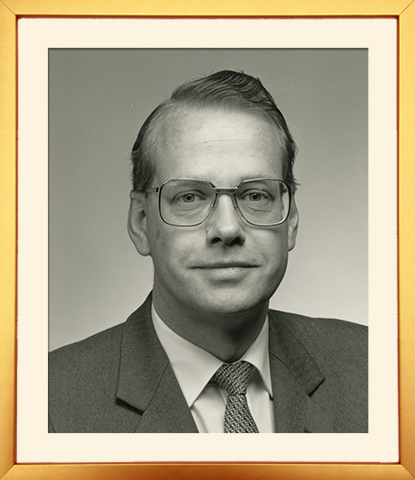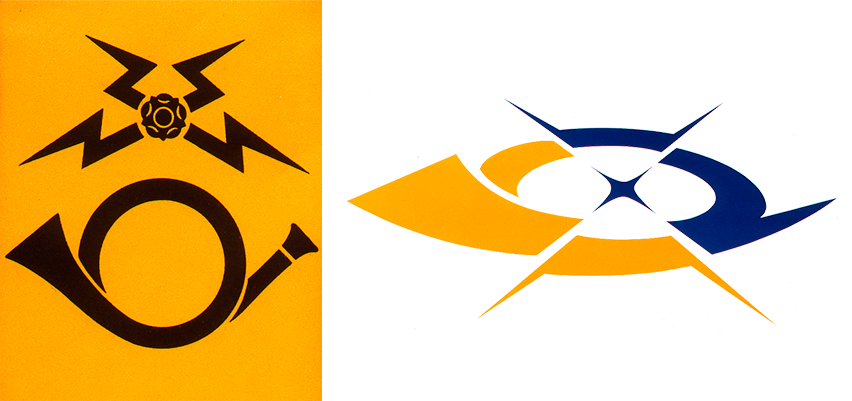



Photo: Jaakko Savolainen
Pekka Tarjanne (1937–2010), D.Sc. (Tech.), was one of Finland's best-known politicians. He was the Chairman of the Liberal People's Party between 1968 and 1978, Member of Parliament in 1970–1977 and Minister for Transport in 1972–1975. There was much debate about his political appointment to the post; however, it differed from other political appointments in that Tarjanne knew the post and telegraph business, having been Minister for Transport. Tarjanne transformed postal operations. During his time in the position, the Post and Telegraph aimed to enhance productivity, maintain service levels and decentralise the power of decision. He received a lot of negative criticism concerning the teething problems experienced at the new sorting centre in Pasila. Tarjanne was actively involved in social debate and was never afraid of publicity. Tarjanne later joined the International Telecommunication Union (ITU) as the Union's Secretary-General.
Tarjanne worked as a researcher and politician before his career at the Post. The son of a diplomatic family, he passed his matriculation exam with the best grades in 1955. Five years later, he achieved a Master of Science degree, and a doctorate at the age of 24. He became a lecturer at the University of Helsinki in 1964, professor of theoretical physics at the University of Oulu in 1965 and professor of theoretical physics at the University of Helsinki in 1967.
